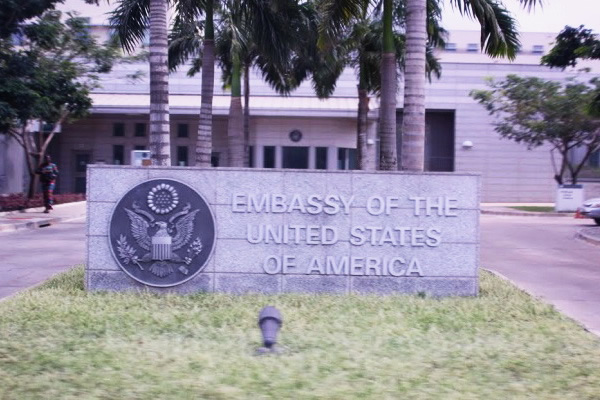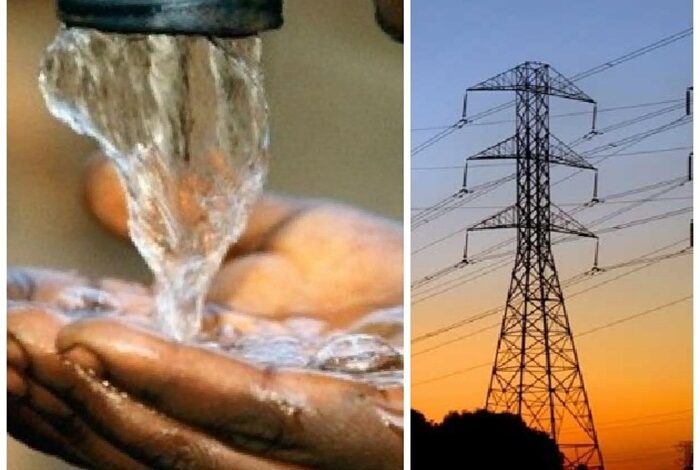By Adu Koranteng
Between January and December 2024 , more than 61,000 Ghanaians applied for visas at the United States Embassy in Accra, driven by dreams of visiting family, pursuing education, or seeking better opportunities abroad. Each applicant paid a non-refundable fee of at least $180, totaling an estimated $11 million collected by the embassy.
Yet, of those 61,000 hopefuls, only 25,000 were granted visas. That means 36,000 applicants — over half — were turned away, their dreams halted at the consular window. And with each rejection, the U.S. Embassy retained the visa fee, accumulating what critics describe as an unjust profit of approximately $6.5 million from unsuccessful Ghanaian applicants.
These figures, reportedly released by the embassy itself, have sparked a wave of concern, disappointment, and even outrage across the country.
A Price Too High for Hope
For many Ghanaians, $180 is not a small fee. It’s more than a month’s salary for some. Families often pool resources, sell personal belongings, or take loans to afford the application costs. Yet, the system offers no refund for denied applications — not even a partial return — regardless of how quickly or arbitrarily a visa may be denied.
The emotional toll is heavy. Behind every denied visa is a story: a father missing his daughter’s graduation, a scholarship student unable to attend university, a small business owner denied the chance to attend an international trade fair. These are not just statistics — they are broken dreams.
A Disparity Across Africa
What makes the situation even more painful for many is the contrast with policies in other African countries. In some nations, visa applicants are only required to pay if their application is approved. Others offer refunds in the case of a denial. But in Ghana, the system continues to take money without promise, without clarity, and — in the eyes of many — without fairness.
Critics argue that this policy turns the embassy into a profit center, capitalizing on the hopes and desperation of people seeking legitimate opportunities abroad. They point out that while the U.S. government considers the fee as payment for “processing services,” the sheer scale of rejected applicants raises moral questions about transparency and equity.
A Call for Change
Ghanaians are not asking for visas to be guaranteed. They are asking for dignity, for fairness, and for a system that does not treat human hope as a business model. If a visa cannot be granted, shouldn’t there at least be the decency of a refund? Or, at the very least, a more transparent and supportive process?
In a world that often talks about justice, opportunity, and diplomacy, how can it be just to take $180 from someone who walks away with nothing but a rejection slip?
As the U.S. celebrates its values of fairness, opportunity, and justice, it must reflect on how its visa policies in places like Ghana reflect — or contradict — those ideals. Until then, thousands of Ghanaians will continue to pay the price of hope, with little more than disappointment in return. Enditem
Source: Ghana Eye Report
Share Us



